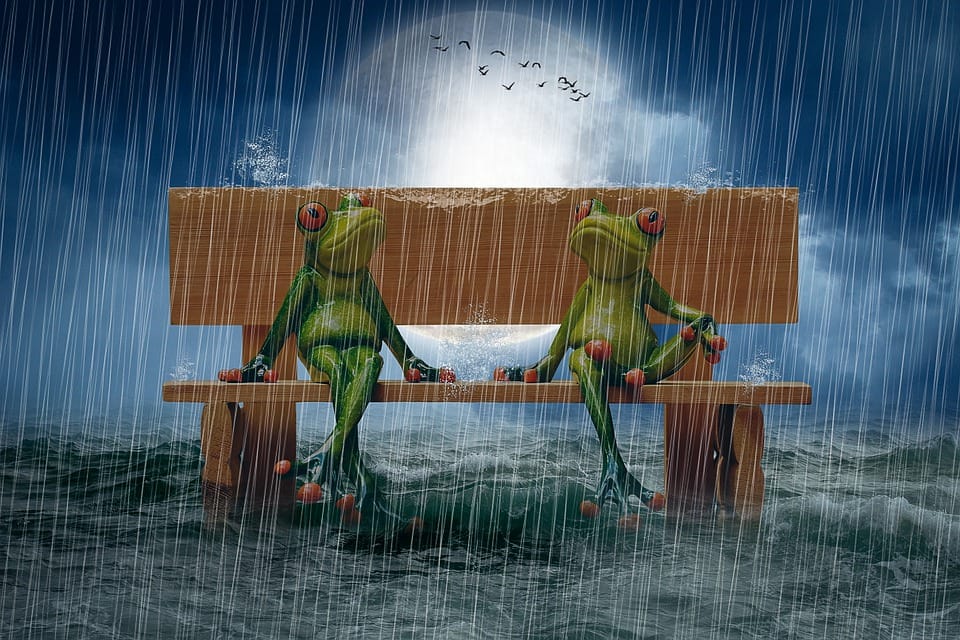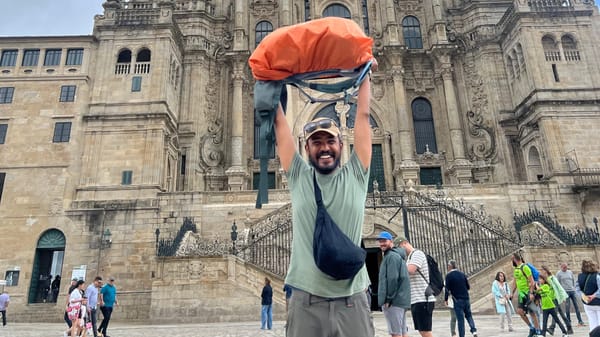Frogs or Birds? It’s okay to be both!
“Here’s who I am at the moment, here are my motivations, here’s what I’ve found I like to do, here’s what I’d like to learn, and here are the opportunities. Which of these is the best match right now?”

Since I was a kid, I was fascinated by the idea of finding passion in your work or rather working in an area you are passionate about. But the trouble is I could never decide what I was passionate about. I guess the most difficult part was dealing with the ‘tyranny of choice’- with so many possible things I could do, how do I choose something which I was passionate about? With limited exposure and information, I chose to do what made the most sense at the time- delay the decision while exploring options and doing something meaningful- I joined the two years Teach for India fellowship hoping to meet a diverse set of cool people and developing myself by doing something challenging.
Today I have a relatively better sense of what I would like to do, which has been shaped by my experiences, work, the people I have interacted with, and importantly, the books I have read. When I recently came across a book titled ‘Range: How Generalists Triumph in a Specialized World’ by David Epstein, the conundrum that had been playing in my head for so long was laid to rest, and my approach to solving it, validated.
The book stresses the importance of dabbling in a variety of activities and exploring one’s interests before specializing in an area. We learn who we are only by living, and not before. It goes as far as saying that an important (and often overlooked) role of education is “allowing individuals to delay specialization while sampling and finding out who they are and where they fit”.
As for the low-key guilt in my head, about still not having decided a long-term career at the age of 24, Epstein gave me further relief by introducing two different types of problems one usually faces- wicked (ambiguous and uncertain) and kind (well-defined and well-understood). To solve each kind of a problem, a different skill set is needed. He says, “Facing uncertain environments and wicked problems, breadth of experience is invaluable. Facing kind problems, narrow specialization can be remarkably efficient”.
In a VUCA (volatile, uncertain, complex and ambiguous) world of today, we need both sets of problem solvers: those who can use analogies to pick up solutions from unrelated fields and experiences, and those who are experts at solving known problems. “It is stupid to claim that birds are better than frogs because they see farther, or that frogs are better than birds because they see deeper.”
If I could advise my younger self, I’d say it’s okay to not know what you want to become in life at 16. A good way to think about this: “Here’s who I am at the moment, here are my motivations, here’s what I’ve found I like to do, here’s what I’d like to learn, and here are the opportunities. Which of these is the best match right now?”. Maybe a year from now you’ll switch because you find something better, but that’s okay. No experience goes to waste, and head-starts are overrated.
Go with the flow
I cannot do justice to the book explaining it in such a short article. If you found this article as ‘Aha!’ as I found the book, I would recommend you pick a copy and see for yourself!



